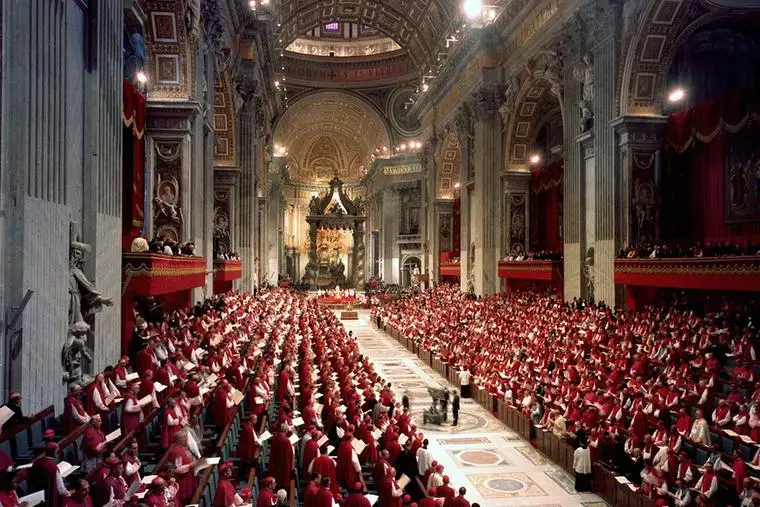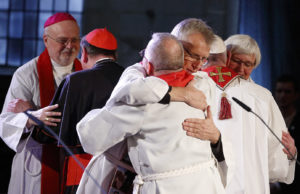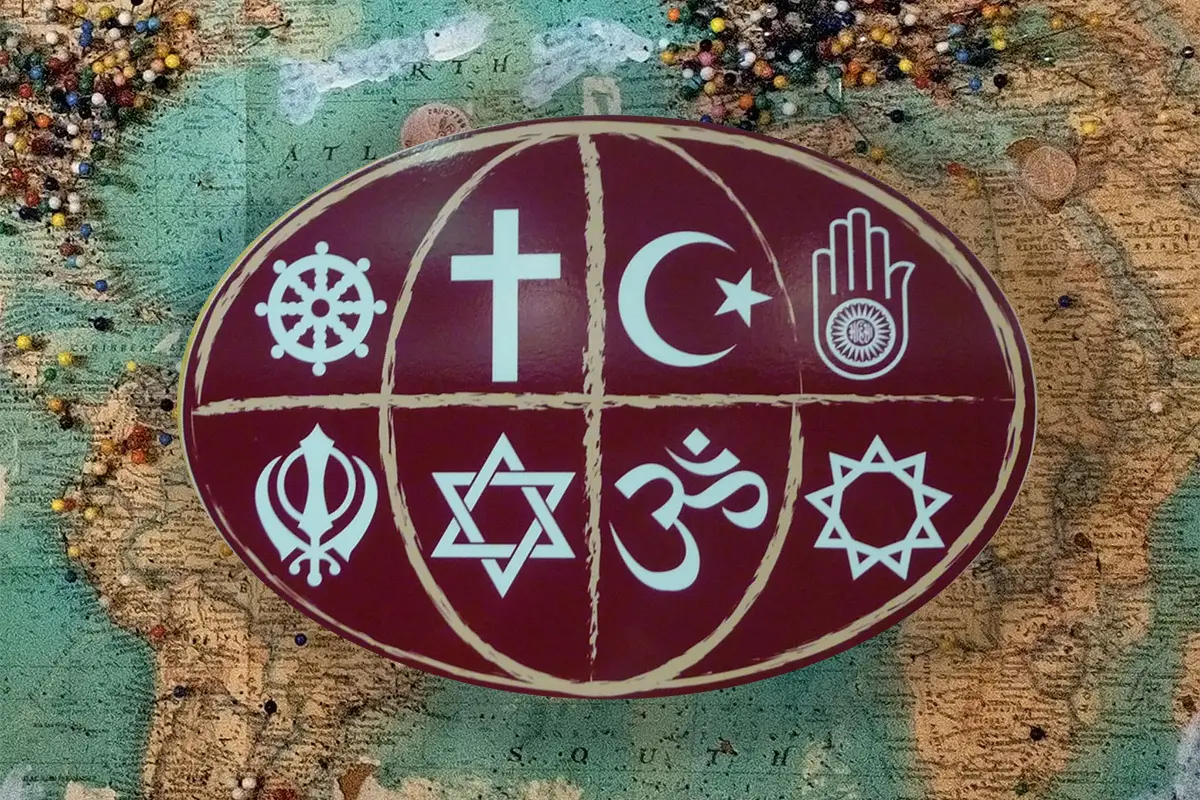What About Non-Catholics?
Lumen Gentium, Unitatis Redintegratio, and Nostra Aetate affirm that non-Catholics and followers of other religions can share in God’s plan of salvation.

❤️ Lumen Gentium (1964)
The Dogmatic Constitution on the Church, Lumen Gentium, outlines that the Church of Christ subsists in the Catholic Church, but it acknowledges that elements of sanctification and truth can be found outside its visible boundaries. It recognizes that non-Catholic Christians are also part of the People of God. It states that those who are not in full communion with the Catholic Church but have a relationship with Christ and His Church are nonetheless included in the overarching plan of salvation. The Council emphasized the Church’s role in fostering unity and dialogue among all Christians, recognizing the good and truth present in other Christian denominations. ❤️

❤️ Unitatis Redintegratio (1964)
The Decree on Ecumenism, Unitatis Redintegratio, delves into the concept of Christian unity and acknowledges the Holy Spirit’s active presence in various Christian communities. It underscores that, despite these communities not being in full communion with the Catholic Church, they are still integral members of the broader Christian family and share in the call to unity. The document stresses the importance of fostering dialogue and mutual understanding among all Christians, recognizing their significant role in the Church’s overall mission of spreading the message of Christ. It advocates for collaborative efforts to achieve greater unity within the Christian faith. ❤️

❤️ Nostra Aetate (1965)
The Declaration on the Relation of the Church to Non-Christian Religions, Nostra Aetate, acknowledges respect for non-Christian religions and their followers. It recognizes that while these religions may not encompass the full revelation of Christ, they still reflect aspects of divine truth and goodness. The document emphasizes that the People of God extends beyond the Catholic Church to include those who, although not fully sharing in the Christian faith, seek God and adhere to His moral teachings. It highlights the universal scope of God’s plan for salvation and the Church’s call for dialogue and respect. ❤️

Join us now!
Creating a meaningful tribute for your loved one is simple with VirtualShrine Online Memorial ❤️. Begin by choosing a memorial plan that suits your needs. Our platform offers various options, from basic online memorials with personalized obituaries ❤️ to something more lavish. Upload photos, share stories, and invite family and friends to contribute. Our team is here to assist you every step of the way, ensuring your memorial honors your loved one’s legacy in a sacred and meaningful manner. Get started today and create a lasting tribute that celebrates faith, love, and remembrance.
Frank Cunnane

Founder & Junior theologian
Frank Cunnane, a 2024 graduate of Catholic International University, is the visionary founder of VirtualShrine ❤️ Online Memorial, a pioneering platform that integrates the timeless traditions of the Catholic faith with the latest advancements in digital technology. With a profound dedication to spiritual enrichment and a commitment to innovative outreach, Frank recognized the need for a dynamic online space where the essence of Catholic heritage could meet the modern digital age. His mission with VirtualShrine ❤️ Online Memorial is to provide a theologically accurate and deeply meaningful experience for those seeking to honor their loved ones within the rich tapestry of Catholic tradition. Through his leadership, VirtualShrine ❤️ Online Memorial has become a beacon for those looking to merge faith with contemporary digital expression, ensuring that the sacred rituals and customs of the Catholic Church are preserved and celebrated in the virtual realm.